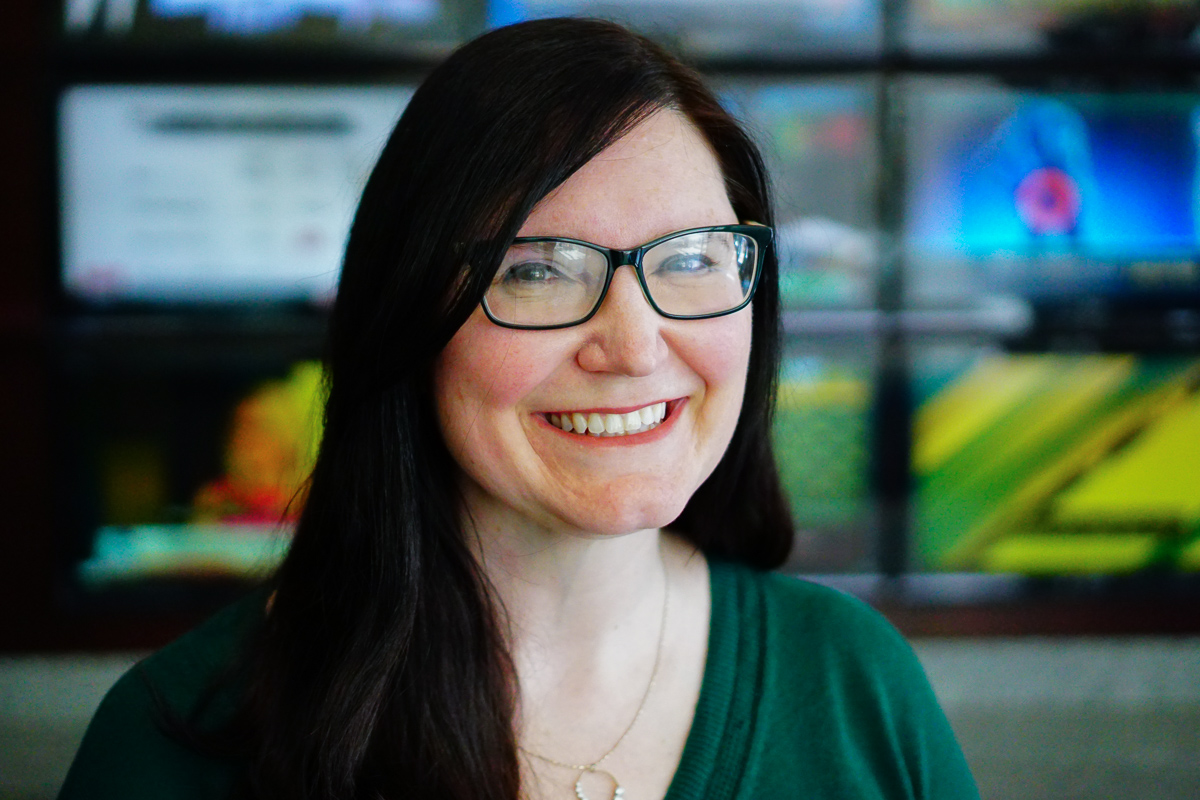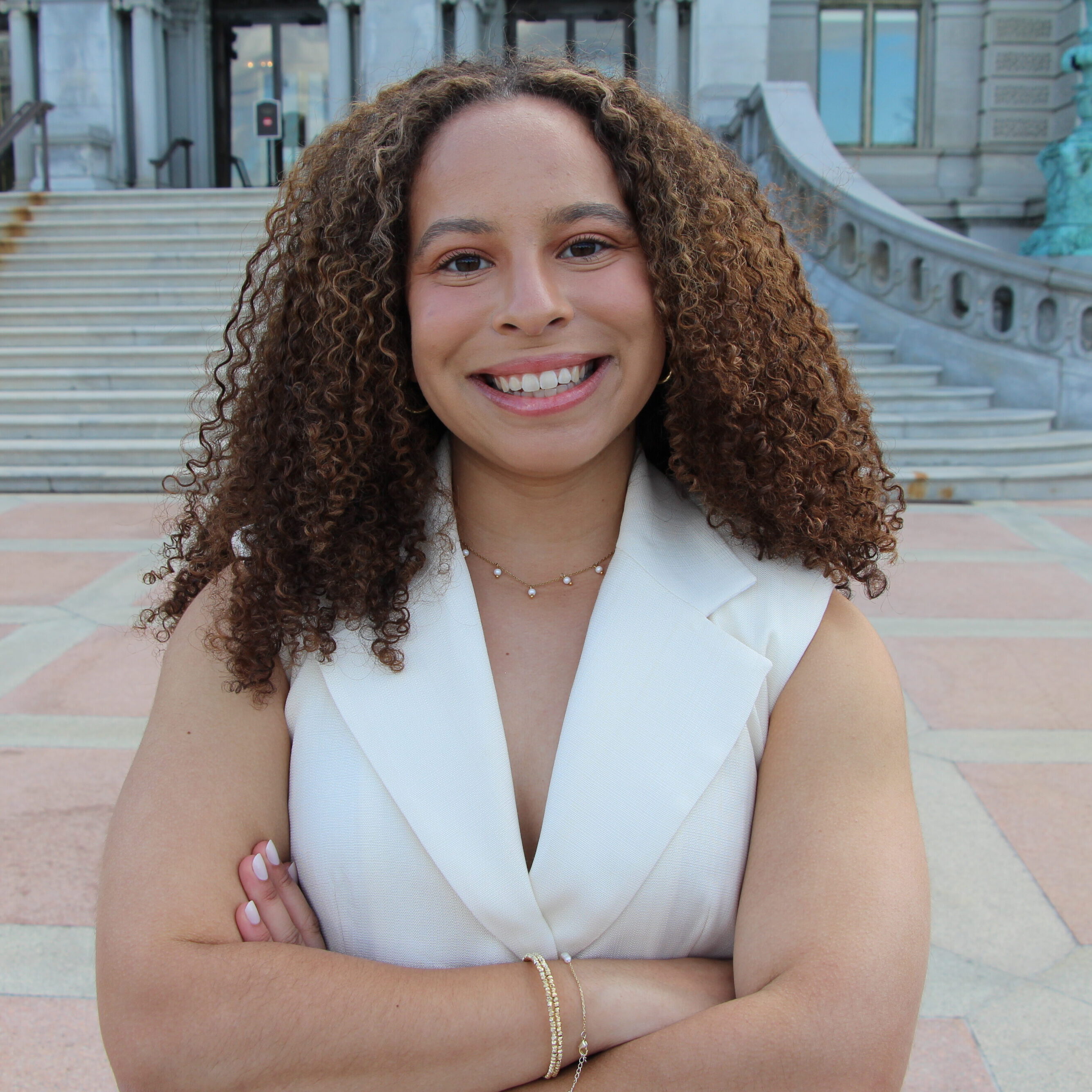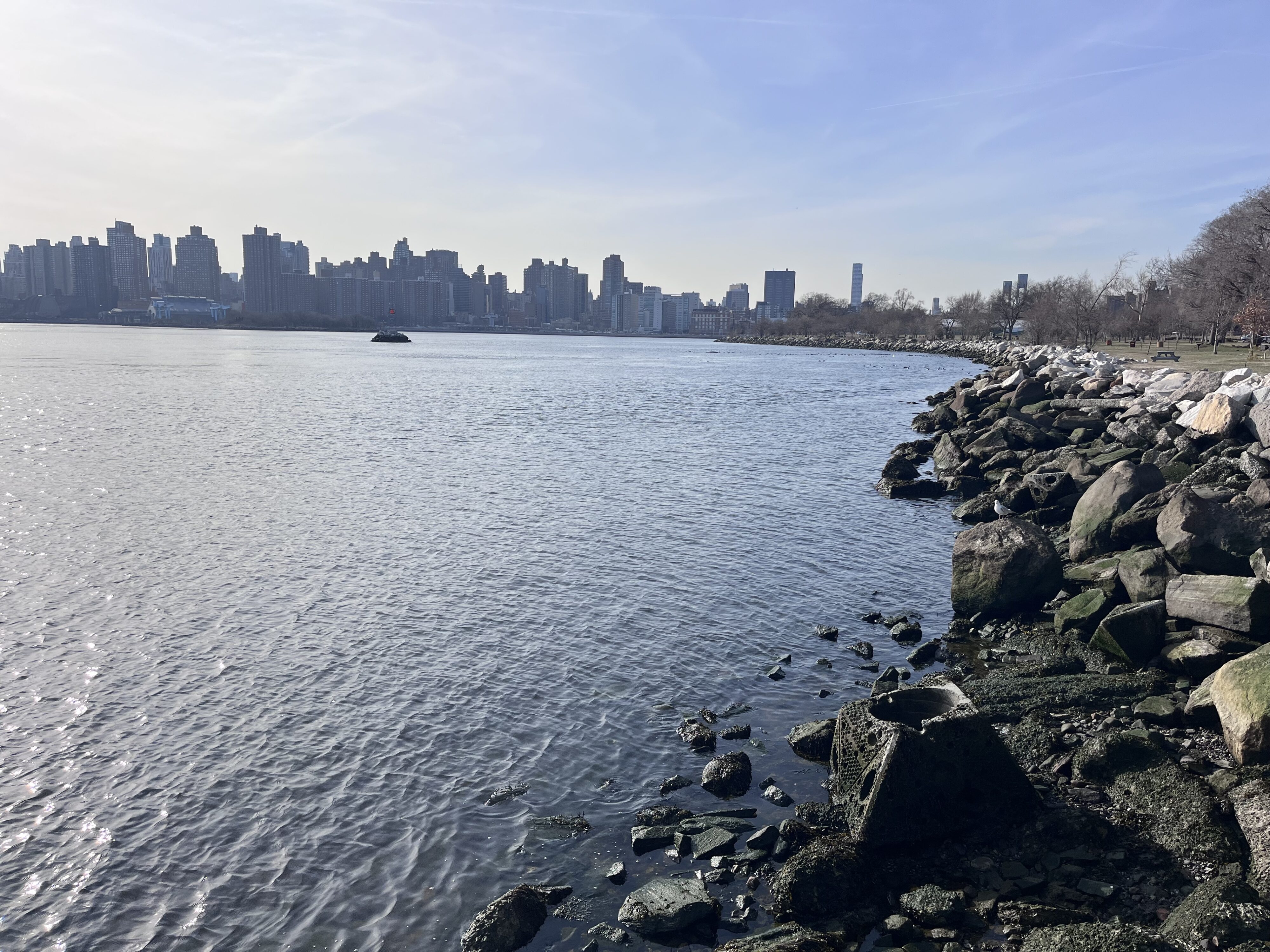The National Center for Computational Hydroscience and Engineering at the University of Mississippi conducts research on natural disasters, erosion, dam simulations, and much more.
Can math save us from floods and other natural disasters?
The National Center for Computational Hydroscience and Engineering aids in research for natural disasters, erosion, dam simulations, and much more.
Yavuz Ozeren, a research scientist at NCCHE, said, “The models that we have are broadly grouped into 1D, 2D and 3D models, from simple to more complicated. The 1D model investigates the parameters in one dimension and go up to 3D. They become more expensive as they go up and are used in various ways to simulate the flow of water,” Yavuz said.
The center does flood simulations through a web-based system that agencies use before and after natural disasters. The most recent simulation was used in Puerto Rico, after Hurricane Maria.
The simulations, which are all automated, simulate the dams. The agencies log in, find a dam, input a scenario, and analyze the data. The results are measured in water depth, arrival time, and other statistics that help prepare for specific natural disasters.
Yavuz described two major projects he is currently working on. “When a dam fails, there are a lot of contaminants, muds and materials from mining,” he said, “These all begin to flow downstream differently from how water normally flows.”
“We test the pond and the mixture,” he said, “There is a gate that we use to pull the water quickly through. The materials flow down onto the gate, then we collect the data and analyze it. It is very simple to control how much water and mixture we have.”
The second major experiment involves erosion and water issues in the Mississippi Delta. Yavuz said, “Related to water issues in Mississippi and Arkansas, farming in the lower Mississippi delta flood plain relies on groundwater resources for irrigation.” The farmers in the Delta put in wells and pump water out, but over the last year or so, groundwater levels have been sinking. Soil conservation services use reservoirs and build levees filled with water to store during winter months and to use during the summer.
The NCCHE is looking for ways to protect and extend the lives of these levees. “We have been testing how much erosion will cause certain conditions by bringing in materials from the Delta, so that we can estimate the guidelines and how long the levees will last,” Ozeren said.
These experiments show that although the NCCHE is primarily a research institution, they are dedicated to helping people. The center is 100 percent self-sustaining and does not receive any funds from the university. They conduct all individual projects at the National Sedimentation Laboratory, located off campus. In their experiments and field work, all models rely on real-world data from controlled experiments in the field.
To learn more about the NCCHE and their experiments, visit ncche.olemiss.edu.


















